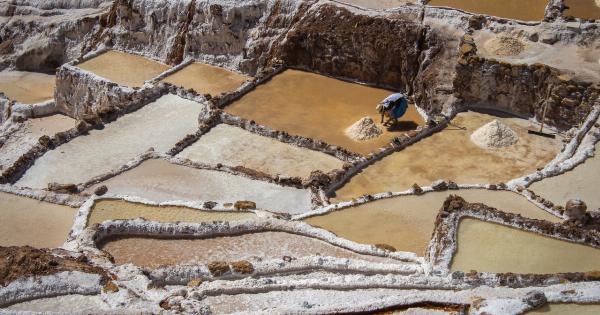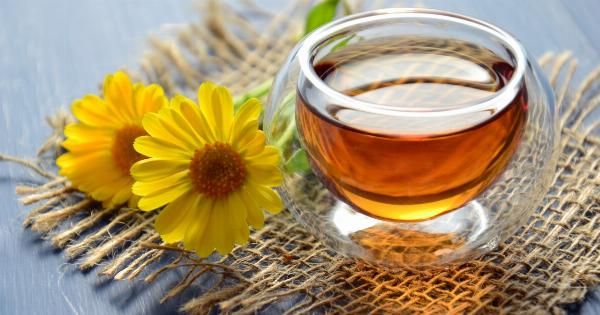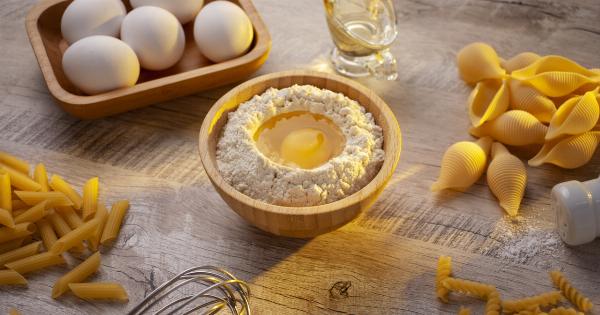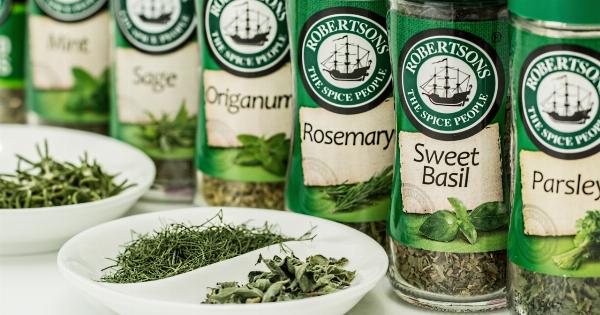Kidneys are some of the most important organs in the body, responsible for filtration of waste and excess fluids. However, certain habits can damage the kidneys, leaving them less effective and putting your overall health at risk.
Some of these habits may surprise you, but they are worth being aware of to protect your long-term kidney health.
1. Overuse of Painkillers
Many common painkillers, including nonsteroidal anti-inflammatory drugs (NSAIDs) such as ibuprofen and aspirin, can damage the kidneys if overused.
These medications work by blocking the production of a hormone called prostaglandin, which helps to regulate blood flow to the kidneys. Without it, the kidneys can become starved of oxygen and nutrients and can suffer damage.
This doesn’t mean you shouldn’t use painkillers at all, but rather that you should use them sparingly and according to your doctor’s instructions.
If you have a chronic condition that requires regular pain relief, discuss alternative options with your doctor to minimize the harmful effects on your kidneys.
2. Too Much Salt
High salt intake has long been associated with high blood pressure, which is a major risk factor for kidney disease.
The kidneys play an important role in regulating sodium levels in the body, and too much salt can interfere with this process, leading to high blood pressure and other health problems.
It’s recommended that adults consume no more than 2300mg of sodium per day. However, the average American consumes around 3400mg per day, largely due to processed and fast foods.
To reduce your salt intake, try cooking more meals at home using fresh ingredients and using herbs and spices to add flavor instead of salt.
3. Dehydration
Kidneys need water to function properly, as it helps to flush out toxins and waste products. If you don’t drink enough water, your kidneys can become stressed and overworked, leading to long-term damage.
The exact amount of water you need depends on several factors, such as your sex, activity level, and climate. As a general rule, aim for at least 8-10 cups of fluid per day, and more if you’re exercising or in a hot climate.
Remember that not all fluids are created equal, and alcohol and sugary drinks can actually dehydrate you further. Stick to water, herbal teas, and unsweetened beverages as much as possible.
4. Holding in Your Urine
We’ve all been there – needing to use the bathroom but holding it in for just a little longer. However, making a habit of this can have serious consequences for your kidneys.
When you hold in urine, you’re essentially putting pressure on your kidneys, bladder, and ureters (tubes that transport urine from the kidneys to the bladder). Over time, this can cause damage and increase the risk of infection and kidney stones.
When nature calls, don’t ignore it – make sure you go to the bathroom as soon as possible. If you find yourself needing to go frequently, or urgently, speak to your doctor who can check for underlying conditions.
5. Too Much Protein
Protein is an important macronutrient that helps to build and repair tissues in the body. However, consuming too much protein can put a strain on the kidneys as they work to break it down and remove the waste products.
This can lead to an overload on the kidneys, especially if you already have an underlying kidney condition.
The exact amount of protein you need depends on several factors, such as your age, sex, and activity level. In general, most adults need around 0.8g of protein per kilogram of body weight per day.
If you’re an athlete or bodybuilder, you may need slightly more, but it’s important not to go overboard.
Conclusion
Protecting your kidney health is key to reducing your risk of long-term health problems. By avoiding these common habits, you can help to keep your kidneys functioning well and maintaining good overall health.































